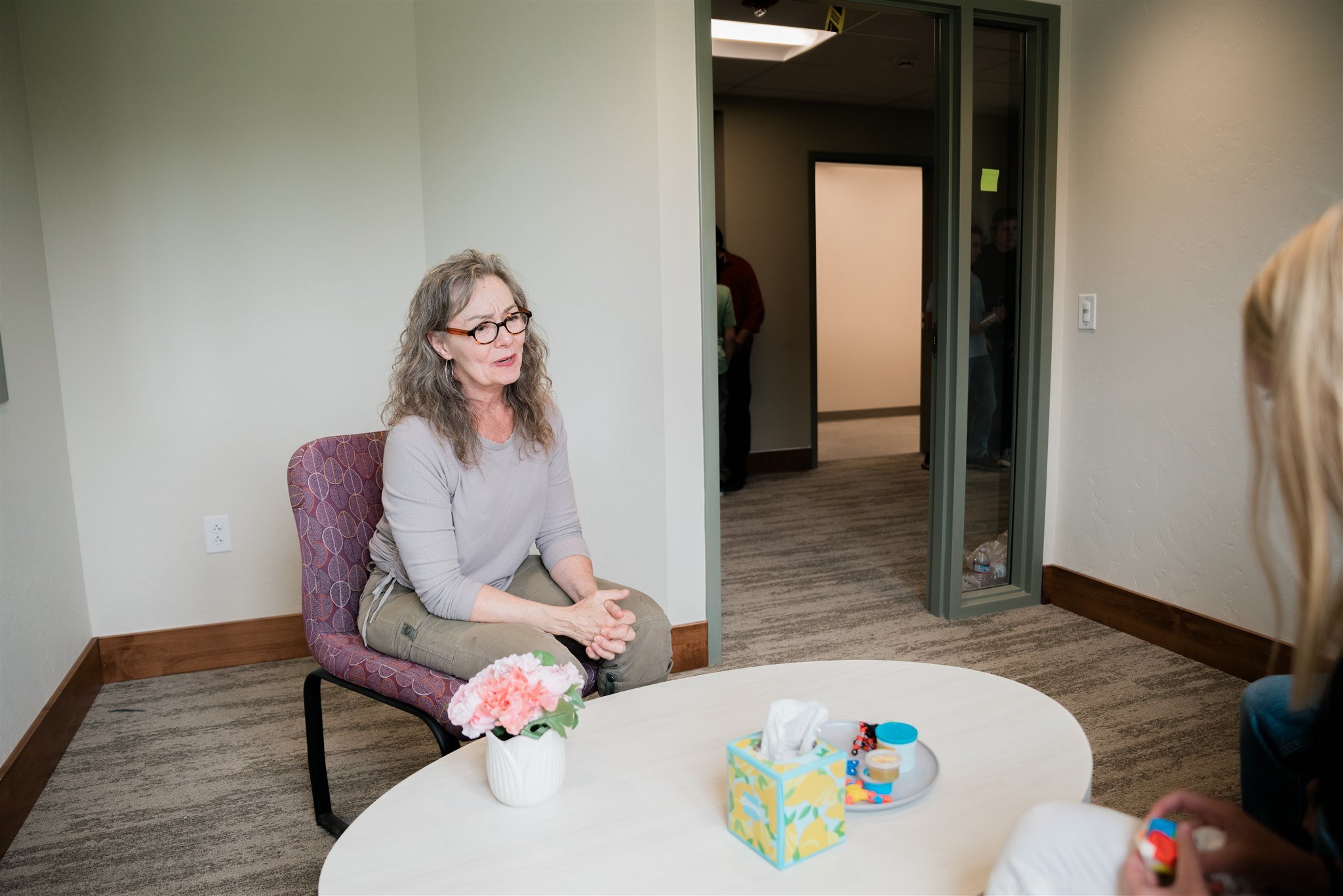Idaho Youth Ranch
Subscribe to our blog
Emotional regulation, a fundamental module in Dialectical Behavior Therapy (DBT), provides individuals with skills to understand, manage, and respond effectively to their emotions. Teaching these skills to youth can significantly enhance their emotional intelligence and resilience. This article provides ten emotional regulation exercises designed to foster expertise in youth.
-
-
Identifying Emotions: Teach youth to identify and name their emotions. This is the first step toward understanding and managing emotions effectively.
-
The Body-Emotion Connection: Guide youth to recognize how different emotions manifest in their bodies. This can help them become more aware of their emotional states.
-
Mindfulness of Current Emotion: Encourage youth to observe and describe their current emotion without judgment. This can help them create a bit of distance from their emotion and reduce their intensity.
-
Emotional Thermometer: Teach youth to use an “emotional thermometer” to rate the intensity of their emotions. This can help them recognize when they need to use emotional regulation strategies.
-
Opposite Action: Teach the concept of “opposite action,” which involves acting in a way that’s opposite to a distressing emotion. For example, if a youth is feeling sad, they might engage in an activity that typically makes them happy.
-
Problem-Solving: Guide youth in using problem-solving strategies to address situations that trigger distressing emotions. This can help them feel more in control of their emotional responses.
-
Self-Soothing Techniques: Teach youth various self-soothing techniques, such as deep breathing, progressive muscle relaxation, or visualization, which can help them calm down when they’re feeling distressed.
-
Positive Affirmations: Encourage youth to use positive affirmations to challenge negative self-talk and foster a more positive emotional state.
-
Mindfulness of Positive Experiences: Encourage youth to practice mindfulness during positive experiences. This can help them savor positive emotions and create a buffer against distressing emotions.
-
Emotional Role-Playing: Use role-playing exercises to help youth practice identifying and managing different emotions in a safe and supportive environment.
-
Teaching emotional regulation skills to youth in DBT requires patience, creativity, and a deep understanding of their unique needs and experiences. By implementing these exercises, you can foster their expertise in emotional regulation, empowering them to manage their emotions more effectively and navigate life’s challenges with greater resilience. Remember, the goal of teaching emotional regulation is not to eliminate emotions but to provide youth with tools to understand and manage them effectively.

%2c%20provides%20individuals%20with%20skills%20to%20understand%2c%20manage%2c%20and%20respond%20effectively%20to%20their%20emotions.jpg)


%2c%20equips%20individuals%20with%20skills%20to%20navigate%20relationships%20and%20social%20situations%20effectively.jpg)
Leave a Comment